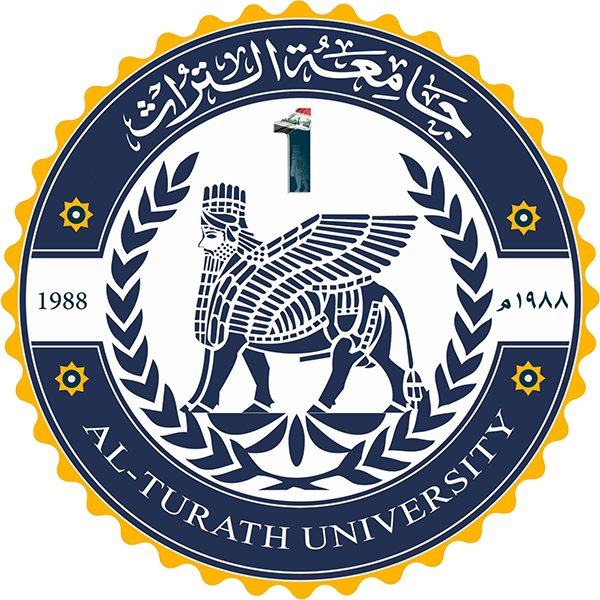Planning your visit to Campus?
Book an Appointment
Institutional Effectiveness Department
The Institutional Effectiveness Department’s role is to collaborate with other units to streamline the University’s efforts toward planned goals and objectives and allocate resources to achieve the University’s Mission. The Department supports the University in formulating informed decisions, building on a foundation of empirical evidence, planned assessments, data collection, and analysis that lead to Mission-driven planning.
The Institutional Effectiveness Department guides and supports planning, assessment, and accreditation and provides evenhanded recommendations in the following areas: strategic planning, operational planning, institutional governance, teaching and research, new programs and new priorities, faculty recruitment and retention, student enrollment, student success, and resource optimization.
The Institutional Effectiveness Department distributes its workload to its sub-units. Each unit has distinct functions and responsibilities. First, the Compliance and Accreditation Unit is primarily responsible for all aspects of university compliance and effectiveness for academic programs, student and academic services, and administrative and academic units’ overall assessment and progression. The unit examines the optimum utilization of resources and the satisfaction of the services. It also assesses how well units achieve their goals and objectives and comply with accreditation standards. Secondly, the Software Development Unit is responsible for automating and simplifying institutional research data collection and assessment processes and developing a reporting framework. The unit defines, develops, implements, and evaluates the software framework built for the process from the ground up. Software Development manages and upgrades the software application security, control privilege, and applications’ availability. The Institutional Research Unit provides institution-level data and information, which includes administering institutional surveys. Its responsibility is to ensure data integrity and consistency through cross-checking data sources and conducting rational analysis while protecting the survey data’s privacy and the respondents’ identity. Finally, the Quality Assurance and Assessment Unit engages faculty, students, administration, alumni, and other University constituencies to assess student learning at the course, program, and institutional levels. The unit also guides the systematic use of assessment results for continuous improvement in a culture of accountability.
